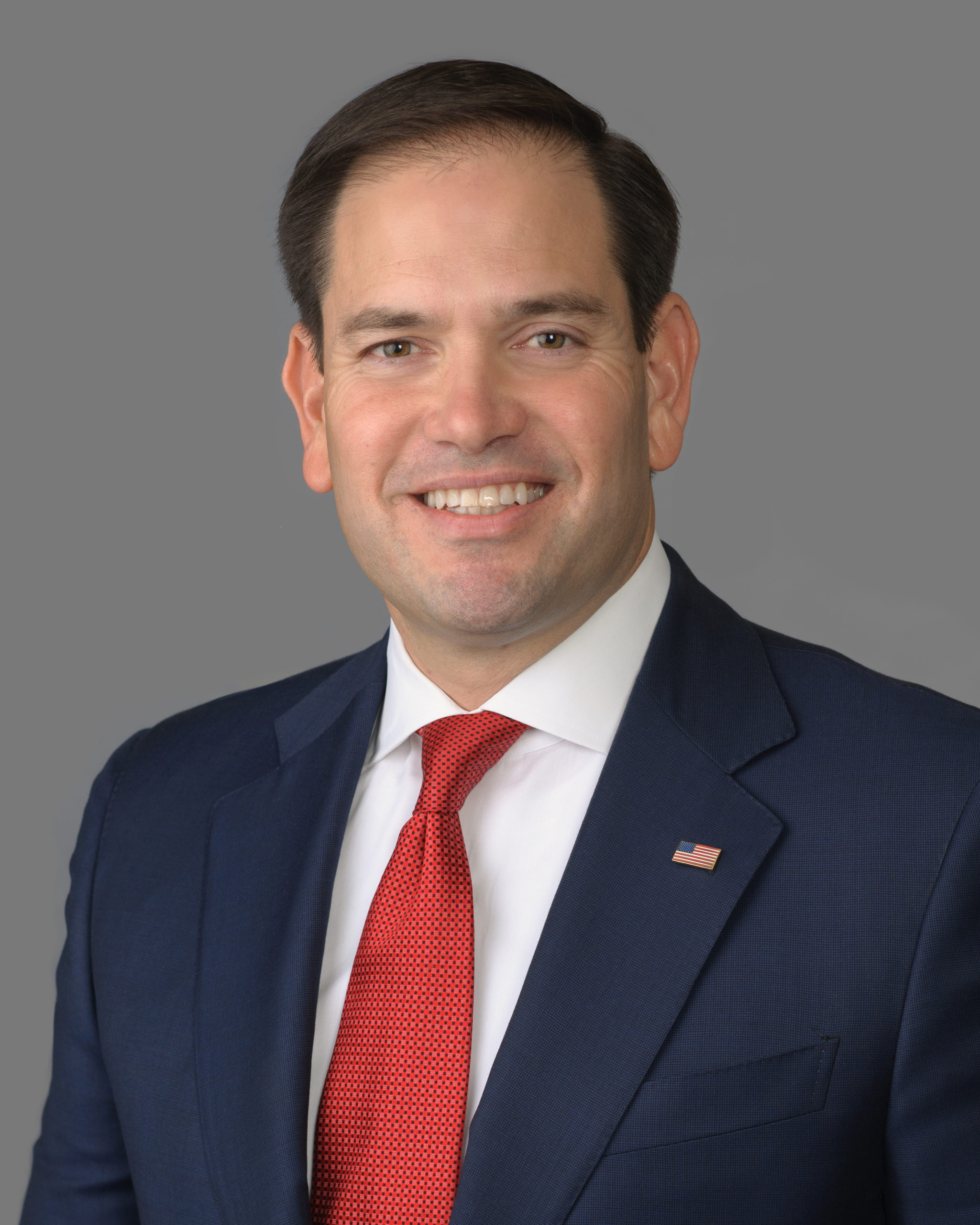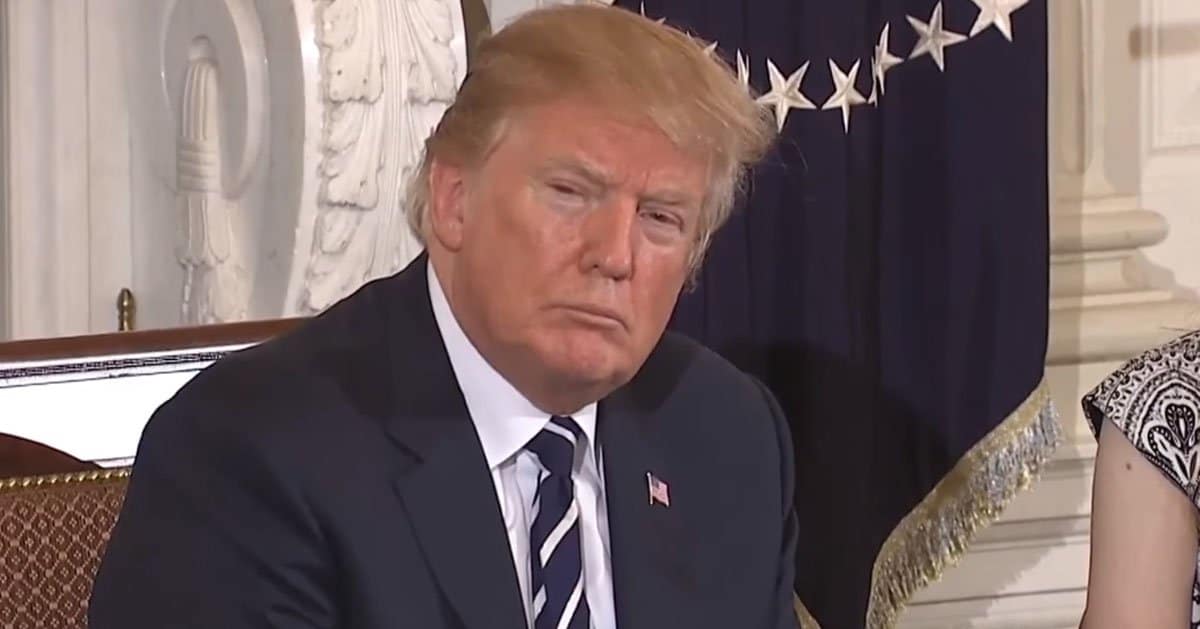





Washington, D.C.'s toughest neighborhoods are crying out for relief from rampant crime. President Donald Trump's bold move to federalize the city's police force has sparked both hope and skepticism among residents. In Southeast D.C., where danger lurks around every corner, the impact of this intervention is under intense scrutiny.
In early August 2025, the Trump administration took control of the Metropolitan Police Department (MPD), deploying federal agents to high-crime areas like Wards 7 and 8, resulting in over 1,000 arrests.
Ward 7, a low-income, majority-black area labeled one of D.C.'s most dangerous by police, served as the backdrop for interviews conducted by The Daily Caller News Foundation on August 26, 2025.
Four out of five pedestrians there agreed the MPD needs federal backup to tame the chaos. Their voices echo a growing frustration with local law enforcement's inability to keep up.
“Ever since Trump put out the law, [the area became] safer,” said Lavelle Thompson, a D.C. resident, on August 26, 2025. But safer doesn't mean safe—Thompson's optimism is tempered by the reality that crime still festers in these streets. Federal agents may be making a dent, but the problem runs deeper than a few extra badges.
Two Ward 7 residents noted a noticeable drop in crime since federal agents and the National Guard rolled in. “I think it’s good that it is having some results,” said Walter, another local, though he added the approach feels “a little over the top.” His cautious support reflects a community desperate for change but wary of overreach.
“People’re not out as much because they’re aware,” Walter told the DCNF, suggesting fear of arrest is keeping troublemakers at bay.
Yet, he hesitates to report crimes, warning, “Things like that have a way of coming back to you.” This distrust in the system reveals a deeper rift that no federal surge can easily mend.
Police data paints a grim picture: juveniles are linked to 51% of D.C.'s robberies and 60% of carjackings. The city's Youth Rehabilitation Act lets these young offenders skate with little to no jail time, a policy that infuriates residents like Wilhelmina Rochester. She’s been robbed three times, including once in the past four months, and she’s had enough.
“I really do think they need to reconsider instituting a heavier punishment on people who are underage,” Rochester demanded on Tuesday.
Her call for accountability slams head-on into D.C.'s lenient approach, which many argue emboldens young criminals. A slap on the wrist for a 13-year-old carjacker isn’t justice—it’s an invitation to reoffend.
“It’s not fair that you … work all your life and you pay your car note and you do everything and you bust my windows out,” Rochester vented.
Her frustration is palpable, shared by many who feel the system protects the wrong people. The progressive push for leniency is crashing hard against the reality of shattered windows and stolen security.
D.C.'s cashless bail policy, in place since 1992, sees over 90% of criminal defendants released before trial. This revolving door, critics argue, fuels the crime wave, letting offenders back onto the streets with barely a pause.
Trump’s executive order on Monday threatens to cut federal funding if D.C. doesn’t rethink this approach—a move that’s both a lifeline and a warning.
Mayor Muriel Bowser, a Democrat, admitted on Wednesday that the federal officer surge has cut carjackings.
Her concession, though grudging, shows even critics can’t deny the numbers. But when a DCNF microphone was stolen on a public train the day before, it underscored that crime doesn’t respect press credentials or progress reports.
“The police alone seem like they can’t really handle [it],” said Tony Neil, a D.C. resident, summing up the MPD’s struggle. He sees Trump’s intervention as a mixed bag—helpful in some ways, lacking in others. The locals know better than anyone: a badge-heavy approach won’t fix a broken system overnight.
“You can go from here to Southern Avenue and you’ll be lucky if you see a police officer,” Rochester said, pointing out the spotty presence of law enforcement. Her words sting because they’re true—federal agents can’t be everywhere, and local cops are stretched thin. The safety net has too many holes.
“They’re not up on Capitol Hill robbing,” said Stephanie, a pedestrian, highlighting the stark divide between D.C.'s elite enclaves and its struggling wards. Crime festers where resources don’t flow, and residents feel like they’re fighting a war the city’s leaders barely acknowledge. The contrast is as infuriating as it is undeniable.



